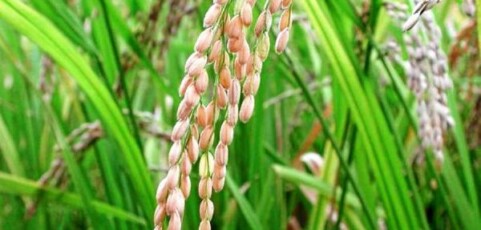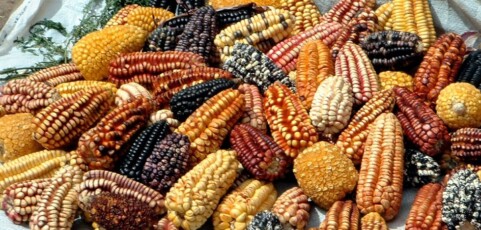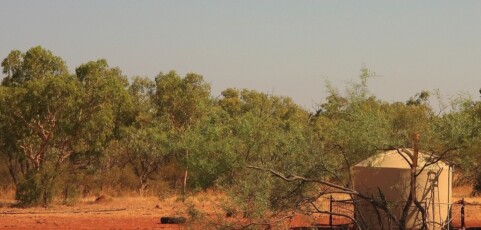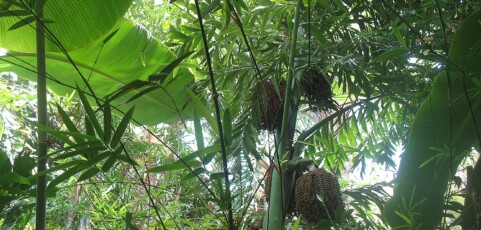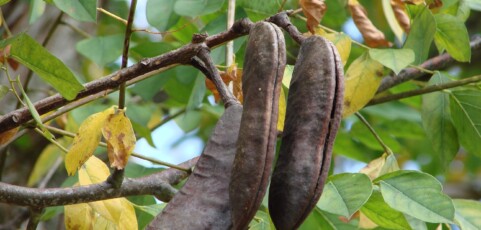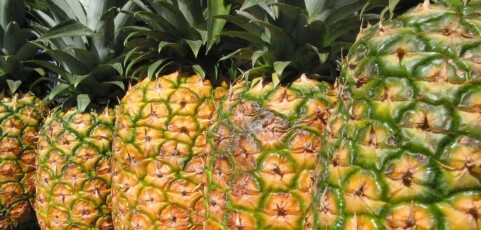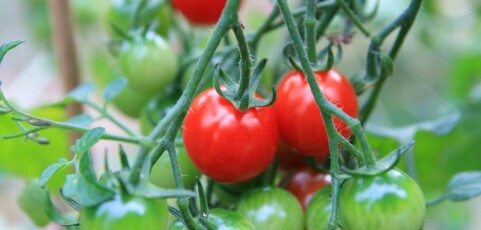Environment and Development Series No. 14.
This paper looks at how ecological agriculture, by building healthy soils, cultivating biological diversity and improving water harvesting and management, can strengthen farmers’ capacity to adapt to climate change. Accordingly, the authors call for a reorientation of policy, funding and research priorities from the dominant industrial agriculture model to ecological agriculture.
Agricultura Familiar Agroecológica Campesina en la Comunidad Andina
Las experiencias de producción familiar agroecológica en diferentes regiones del mundo han evidenciado que es una opción viable para promover la seguridad alimentaria y, al mismo tiempo, conservar la biodiversidad de nuestros países. En los países andinos, los pequeños productores junto con los
movimientos agroecológicos han cumplido un rol importante para la promoción y sostenimiento de este tipo de iniciativas, como una propuesta con potencial para atender la precaria situación prevaleciente en el campo. Con el propósito de difundir estas iniciativas agroecológicas en la Comunidad Andina, los gobiernos nacionales, junto con la Secretaría General de la CAN, ejecutaron el Proyecto “Promoción de la Agricultura Familiar Agroecológica Campesina en la Comunidad Andina”. La presente publicación presenta un resumen de los principales resultados de este trabajo.
Agroecology and the struggles for food sovereignity in the Americas
This publication originated at an international workshop held at the Yale School of Forestry & Environmental Studies in New Haven, USA, April 15-17, 2004. It was published jointly, in Spanish and English, by the International Institute for Environment and Development (IIED), the IUCN Commission on Environmental, Economic and Social Policy (CEESP) and the Yale School of Forestry & Environmental Studies (Yale F&ES).
Revolving Funds for Building Water Tanks in Northeastern Brazil
Revolving Funds represent an effective means to enable peasants families to build their own water tanks to collect rainwater from rooftops and store it during the dry season.
Food and Health Education in Northeastern Brazil
Educating people on nutritional and health issues promotes interest in growing home gardens and improves the quality of life in the community.
Agroforestry systems managed using natural succession in South of Bahia, Brazil.
Agroforestry systems managed using natural succession were tested as a strategy for improving degraded soils and as a sustainable production system in the Rainforest Region, South of Bahia, Brazil.
Agroforestry islands for enhancing connectivity among forest fragments in Sao Paulo, Brazil
Agroforestry in small settler farms in a very deforested landscape can enhance biological connectivity and gene flow among forest fragments. From the project “Biodiversity islands as corridors for restoration of the fragmented landscape of Pontal do Paranapanema, Sao Paulo, Brazil”, by IPE (Institute of Environmental Projects and Research – NGO) , USP (University of Sao Paulo), IF (Forestry Institute), MST (Landless Workers Movement) and COCAMP (Farmers Cooperative). 1999.
Shade Coffee in Southeastern Brazil
Intercropping trees into coffee plantings increases biodiversity, lowers costs and provides natural nutrients for the coffee plant.
Seeking to Promote Agroecology in Communities of Small Landholders in Paragominas, Brazil
This case study explores the potential for establishing agroecological principles in one community of small landholders.
Production of Organic Tomato in the Dry Zone of the Loja Province
Improve the structure of soils, to document the advantage of water that is deep in the soil, to limit the use of pesticides. In the future it is possible to diversify the agroecosystems.

